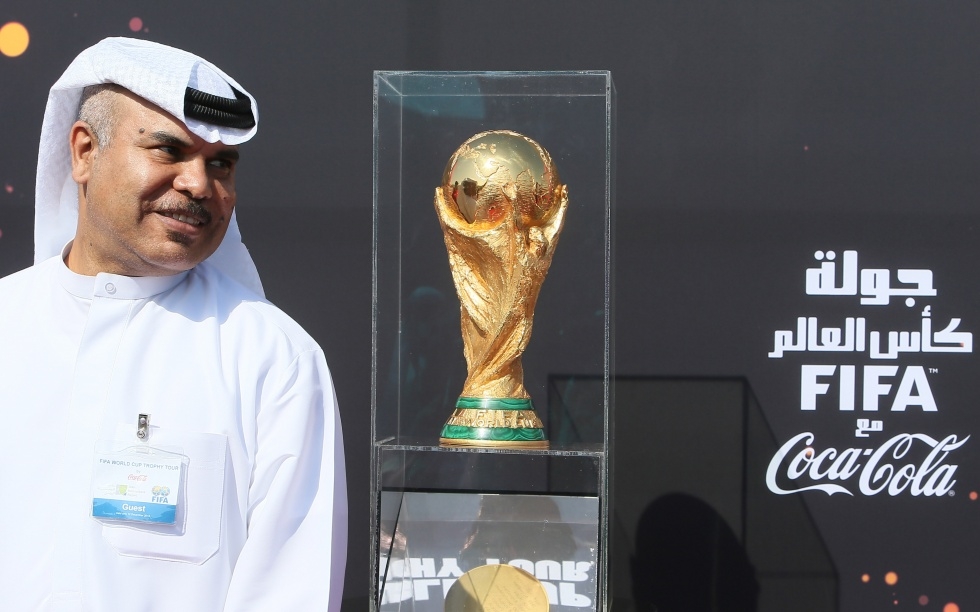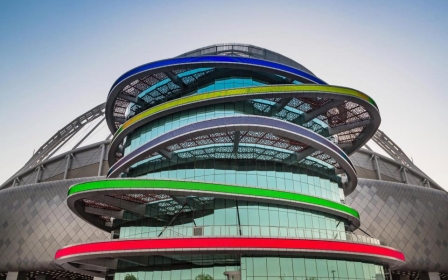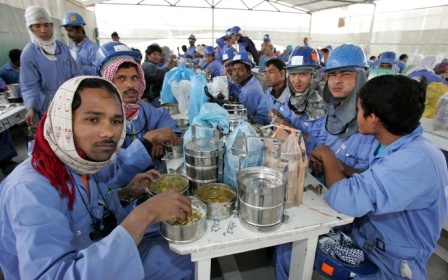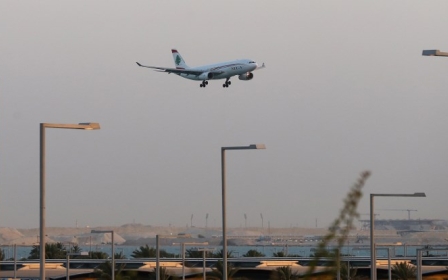Doha feels 'vindicated' of wrongdoing despite failing to meet FIFA standards

Qatar said it feels "vindicated" by a FIFA report into its 2022 World Cup bid, despite it revealing it failed to "meet standards" when using its vast wealth to secure the competition.
The report came after a two-year long investigation compiled by FIFA-appointed US prosecutor Anthony Garcia, that detailed numerous attempts by Doha to influence voting officials.
No suggestion was made that Qatar would lose its right to be the first country in the Middle East to host the World Cup.
The 430-page report was published by FIFA late Tuesday after parts of it were leaked to German newspaper Bild.
Garcia had resigned in 2014, after he accused his fellow ethics committee chairman, Hans-Joachim Ecker, of misrepresenting the contents of his report.
Bribery of officials
The report revealed how Qatar used bribery tactics which included sponsoring the Confederation of African Football Conference in Angola in January 2010 to market its bid for the World Cup.
Garcia had also raised concerns over the involvement in talks over an energy deal between Qatar and a Thai gas company of an adviser to Thailand's football federation.
Thailand's football federation chief is a FIFA executive committee member.
It was “inappropriate” for such a liquid nitrogen gas deal to be “negotiated through football channels” so close to the vote, which was held in December 2010, Garcia said.
Qatar's use of its Aspire Academy, dedicated to training young players from Qatar and across Africa and Asia, was also used to "curry favour with executive committee members," according to the report.
Emir's role
Questions were also raised over meetings held between Qatar's then ruler Hamad bin Khalifa Al Thani and officials from South America.
The Qatari ruler met in Rio de Janeiro in January 2010 with a trio of South American voters: Julio Grondona, Nicolas Leoz, and Ricardo Teixeira.
Grondona’s failure to disclose the meeting with FIFA investigators and discussion about Qatar potentially paying for flights before his death in 2014 had raised warning signs for Garcia.
He said, in the report, “connections between government entities and the bid team have helped create an appearance of impropriety."
Despite admitting it not being "necessarily improper" for national leaders to be involved in bidding for a sporting event, this meeting "raised concerns" for the prosecutor.
Concerns were raised as to whether Doha had bankrolled "projects linked to executive committee members or their home countries" as a result of an email that then FIFA secretary general Jerome Valcke sent to voter Jack Warner saying Qatar "bought" the World Cup.
Moving tournament due to heat
Picking Qatar ultimately forced FIFA to move the tournament dates to November-December 2022 from the usual June-July slot to avoid the searing summer desert heat.
The heat was never discussed in the executive committee meeting before the vote, not even by the member who also served as FIFA medical chief, Michel D’Hooghe.
Garcia found that the “failure to raise the health issue is especially glaring given his background and experience”.
Garcia claimed that D’Hooghe was already “compromised by his actions” over Qatar.
That was due to the Belgium doctor’s son being later employed by a Doha hospital linked to the Aspire Academy, the report says, and the bid team was also arranging a business opportunity for a friend’s son ahead of the vote.
D’Hooghe was later cleared by FIFA’s ethics committee in 2015 of his actions having been compromised.
Qatar's Supreme Committee for Delivery and Legacy in a statement said on Wednesday it welcomed the report, but questioned the timing of the leak.
"We believe that the extent of our cooperation with this investigation and the conclusions drawn represent a vindication of the integrity of our bid," the statement read.
Fears were raised earlier this month that there would be delays in the construction of World Cup stadiums after a rift with fellow Gulf Arab states included economic sanctions on Doha.
Qatari officials denied any delays will take place and that South Asian workers on construction sites will not have their pay docked.
Middle East Eye propose une couverture et une analyse indépendantes et incomparables du Moyen-Orient, de l’Afrique du Nord et d’autres régions du monde. Pour en savoir plus sur la reprise de ce contenu et les frais qui s’appliquent, veuillez remplir ce formulaire [en anglais]. Pour en savoir plus sur MEE, cliquez ici [en anglais].




